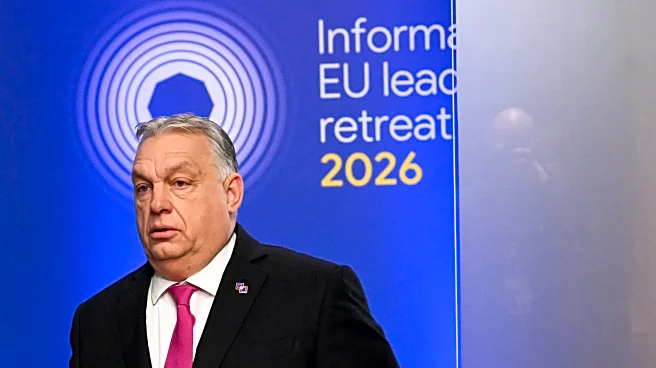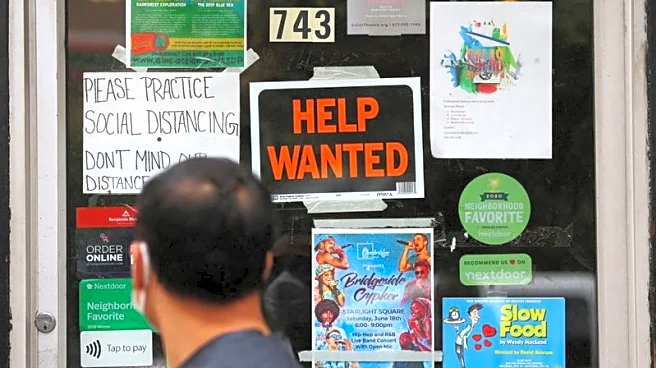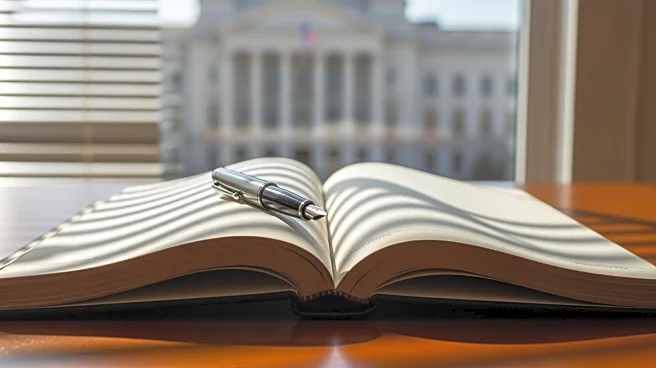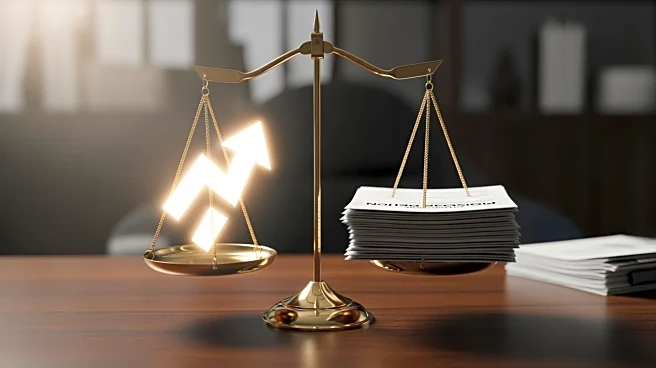What's Happening?
A German court has ruled that OpenAI's ChatGPT violated copyright laws by using licensed musical works without permission to train its language models. The lawsuit was filed by GEMA, Germany's music rights society, which argued that OpenAI's actions infringed
on the rights of music creators. The court ordered OpenAI to pay damages, although the amount remains undisclosed. OpenAI has expressed disagreement with the ruling and is considering its next steps. GEMA views this decision as a landmark ruling for AI compliance with copyright laws.
Why It's Important?
This ruling underscores the growing legal challenges faced by AI companies regarding intellectual property rights. It sets a precedent for how AI tools must navigate copyright laws, potentially influencing future litigation and regulatory frameworks in Europe and beyond. The decision could lead to stricter compliance requirements for AI developers, impacting innovation and operational costs. Music creators and other content producers may gain stronger protections against unauthorized use of their work by AI systems.
What's Next?
OpenAI may pursue legal avenues to contest the ruling, which could involve appeals or negotiations with GEMA. The case may prompt other rights organizations to file similar lawsuits, increasing pressure on AI companies to revise their data usage practices. Policymakers might consider new regulations to address AI's impact on intellectual property rights, balancing innovation with creator protections.


















